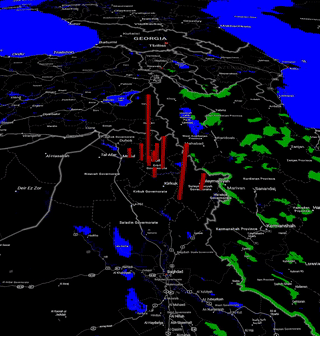
It is evident that the Iranian regime has significantly expanded its influence in five Middle Eastern countries through the use of violence and its proxies, thereby destabilizing the entire region over the past two decades. The Kurdistan Region has been a primary target of the regime’s attacks. From September 2018 to October 2023, the Iranian regime and its Iraqi proxies, who are affiliated with the Popular Mobilization Units (PMU), have launched at least 32 attacks on the Kurdistan Region. Iraqi governments since 2003 have consistently failed to curb Iran’s aggressive actions within their borders. The current cabinet, rather than changing this pattern, appears to be actively aiding Iran in achieving its goals. The Coordination Framework Coalition, the main faction behind the government’s formation, is composed of Iranian-backed militias and politicians. In essence, Iraq’s current government is the closest it has been to Iran since 2003.
While Iranian-backed Iraqi proxies have claimed responsibility for additional attacks, the data below reflects only those confirmed by the Washington Kurdish Institute (WKI). This data excludes unreported incidents and assaults that were foiled by Kurdistan’s security forces. The WKI collects this data through open-source research, providing approximate locations. The analysis does not encompass the dozens of artillery attacks on the Iranian Kurdish opposition near the borders, many of which often went unreported.
Abbreviations:
Islamic Revolutionary Guard Corps (IRGC)
Iranian-backed Militias (IBM)
The attacks targeted the US presence in Kurdistan, Iranian Kurdish opposition, oil and gas facilities, and the Peshmerga forces.
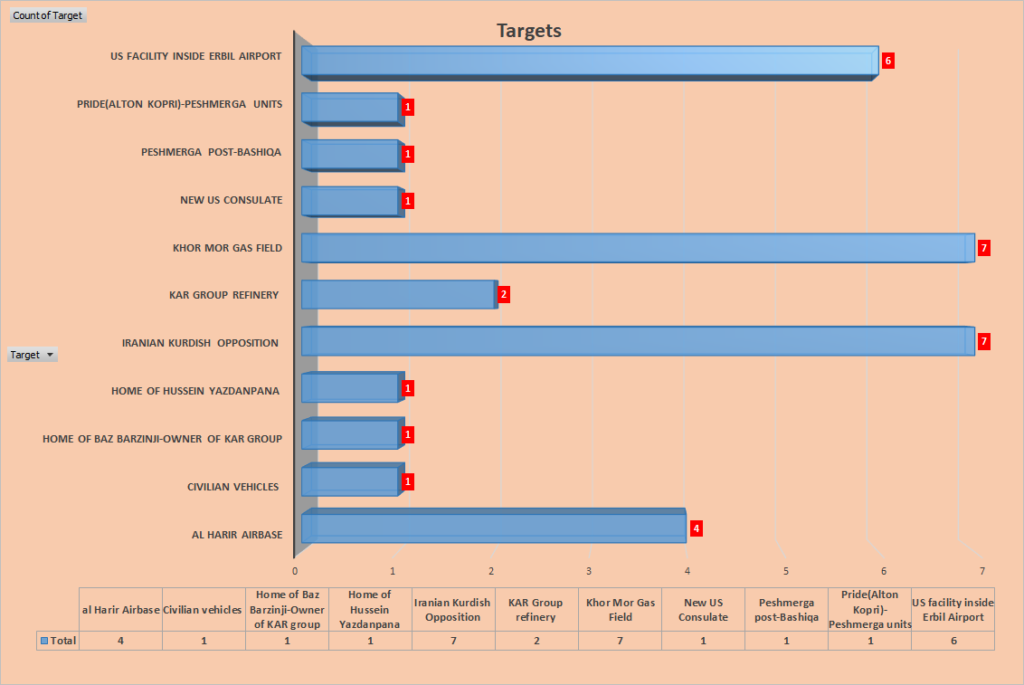
The data indicates that US facilities were the primary target of the attacks. Notably, the Islamic Revolutionary Guards Corps (IRGC) carried out only one attack against the US in the Kurdistan Region in 2020 as a form of “retaliation” for the death of Qassem Soleimani in a US airstrike. The Iranian regime heavily relied on Iraqi proxies to exert pressure on the US. However, it’s worth mentioning that the IRGC did not hesitate to target Iranian Kurdish opposition groups on multiple occasions.
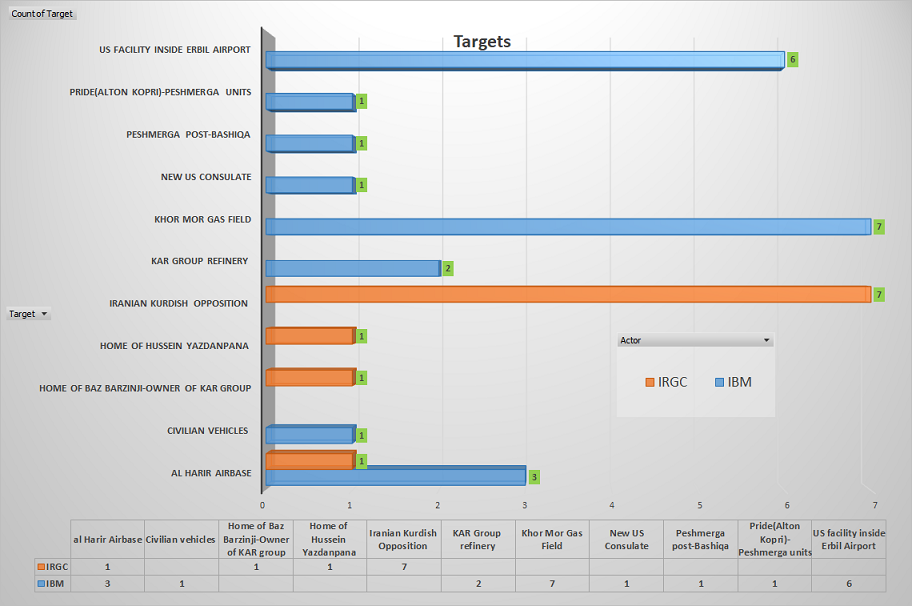
The IBM were responsible for more than two-thirds of the attacks, with the IRGC being responsible for 10 out of the 32. The IRGC primarily used Fateh-110 missiles in most of its attacks, alongside some drone strikes, while the IBM utilized a combination of rockets and drones.

IBM recklessly carried out at least six attacks on the Erbil International Airport, where some of US troops are based, using both drones and rockets. Nevertheless, the majority of their assaults were directed towards the natural gas fields near the Qader Karam subdistrict. Additionally, the IBM targeted the largest oil refinery in the Kurdistan Region on at least two occasions, located in the outskirts of Erbil.
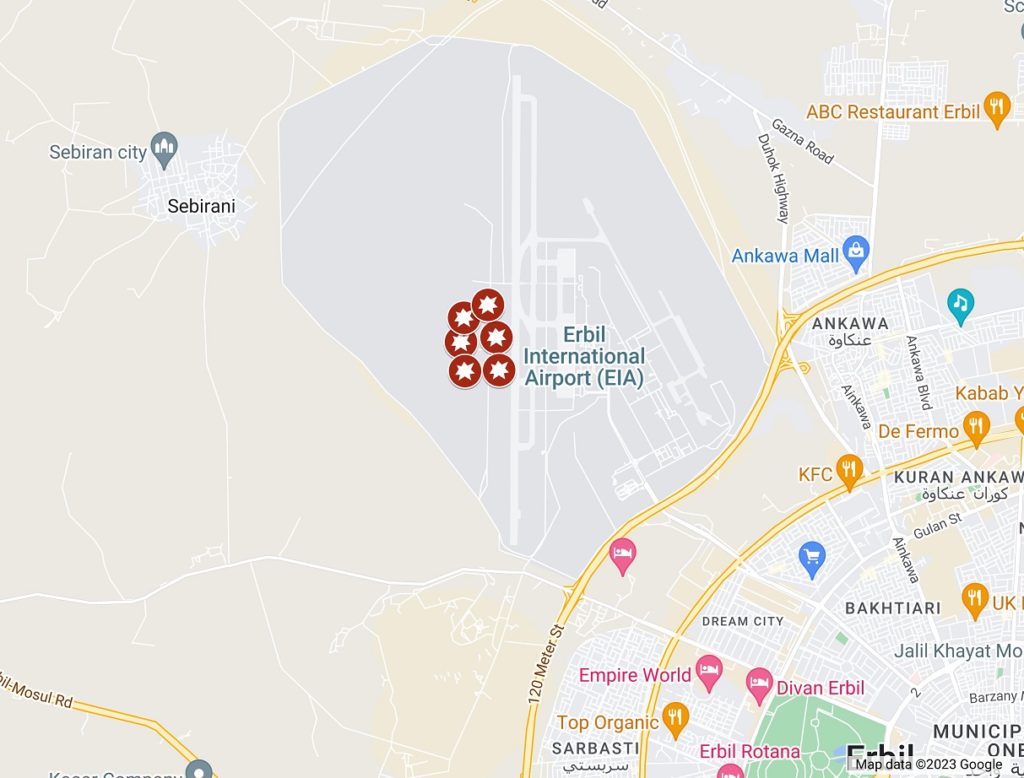

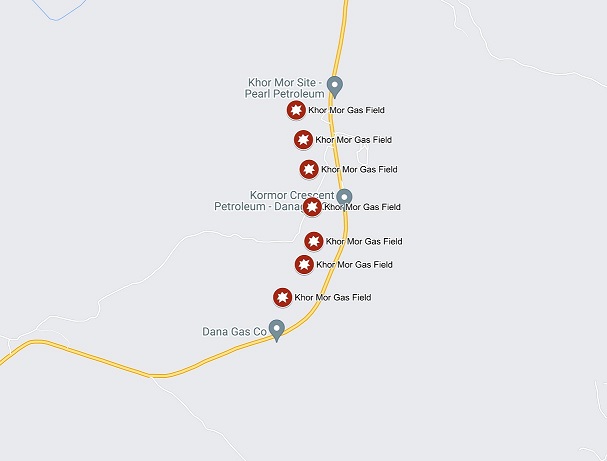
The Iranian Kurdish opposition headquarters in the Kurdistan Region suffered seven attacks, all of which were conducted by the IRGC in 2018 and 2022. The casualties among the Iranian opposition parties were the highest, with 39 deaths and 105 wounded.
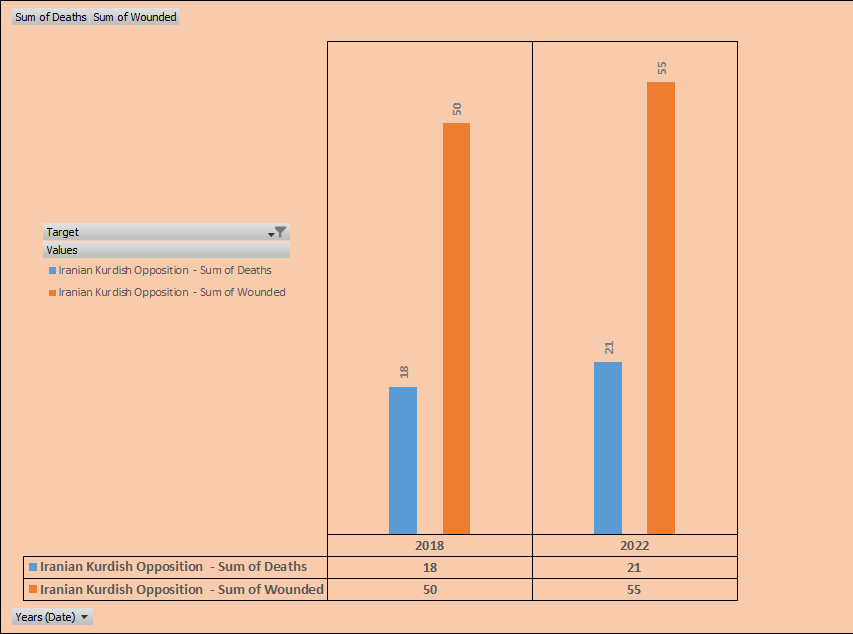
Amid escalating tensions in the region, Iran is anticipated to maintain its strategy of increasing hostilities against the US by leveraging its proxies throughout the area. Furthermore, the Iranian regime has been exerting consistent pressure on the Kurdistan Region for several years, viewing it as a potential threat due to its hosting of US troops and its autonomy, in contrast to Baghdad, which has been under Iranian influence since 2003.
If the US wishes to preserve its symbolic presence, which holds significant national interest, it must consider deploying its defense system in the Kurdistan Region. Otherwise, Kurdistan, known for its friendly disposition toward the US, may become susceptible to falling under Iran’s influence, particularly as Iran continues to exploit the Iraqi government to impose financial blockade on the region.
